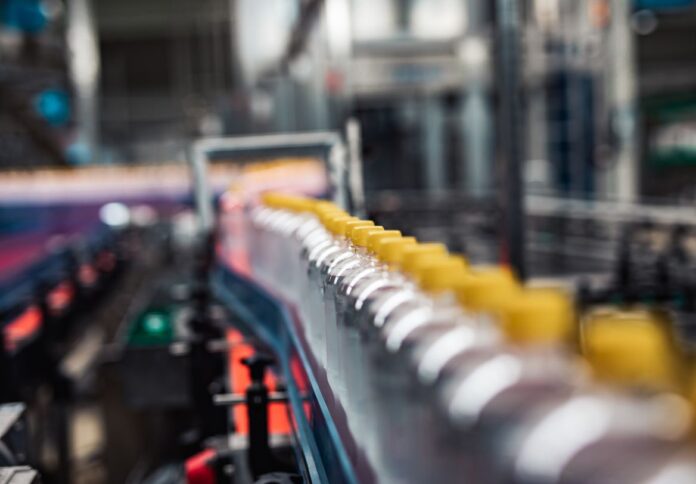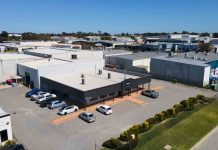
The NSW Government has announced the next phase of its plan to phase out single-use and problematic plastics, in a move expected to boost local manufacturing of recyclable and reusable products.
The announcement, made ahead of National Recycling Week, marks a major step in the state’s efforts to tackle plastic waste, which makes up about 74 per cent of litter in NSW waterways.
According to the government, less than 16 per cent of plastic waste is currently recycled, with the rest ending up in landfill.
Environment Minister Penny Sharpe said the initiative is designed to protect both the environment and human health while supporting manufacturers and businesses as they adapt.
“Microplastics are entering our bodies and plastic is polluting our environment and oceans, killing our wildlife,” Sharpe said.
“This plan moves NSW another step closer to phasing out these problematic items. Our plan has carefully considered actions we need to take to protect the environment and human health, while also considering how we can support industry to transition to recyclable or reusable alternatives.”
Under the new NSW Plastics Plan 2.0, the phase-out will occur in stages to give businesses time to transition and identify practical alternatives.
The government said the plan will also encourage new investment in recycling infrastructure and manufacturing of reusable products.
The plan introduces measures such as banning non-compostable plastic fruit and vegetable stickers by 2030, phasing out small condiment containers, requiring takeaway food businesses to accept reusable cups, and mandating tethered lids for plastic bottles.
The government said it will also regulate harmful chemical additives in plastic food packaging and ban lighter-than-air balloon releases.
Sharpe added that the government will continue to work closely with industry, small businesses, manufacturers, retailers, and councils “to support a smooth transition to safer, recyclable alternatives.”
Member for Strathfield Jason Yat-Sen Li said the initiative aims to balance sustainability with business practicality. “These changes strike the right balance to preserve our vibrant food culture while protecting the places we love,” he said.
“This is a real opportunity for businesses to lead. From sushi and dumpling bars to bakeries and noodle shops, Strathfield’s food scene can be at the forefront of the next wave of sustainability.”
Industry has also welcomed the Government’s phased approach. Bill Heague, General Manager of Mars Food & Nutrition Australia, said the timeline gives companies the flexibility to innovate and scale up recyclable packaging.
“We welcome moves to phase out problematic plastic formats,” Heague said. “Businesses like ours need time to research, develop, test and scale up new packaging solutions. The NSW Government’s recognition that an adjustment period will support a smooth transition is critical, and we’re excited by the possibilities further innovations in this space may present.”
The NSW Government said it will continue consulting with the Environment Protection Authority (EPA), manufacturers, and industry stakeholders to align efforts with other states and provide long-term certainty for business and investment.
The NSW Plastics Plan 2.0 can be accessed at epa.nsw.gov.au.



















